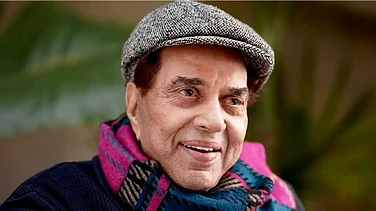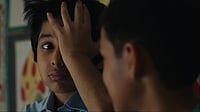
In the context of Outlook's upcoming issue on Freedom from Stigma of Mental Illness, this listicle draws together ten films from across the globe that have traversed these grounds with complex shades
Space for conversation runs as a knotty central point through these films
They feature harrowing psychological despair but some also integrate compassion and humanity
These films from across the globe may take increasingly dark turns, but they are underpinned by somber truths. Their tilts in perspective cast light on vast, internal landscapes. The genre of horror often becomes a tool, a prism with which to look at the patients of debilitating and spiraling psyches. In the hands of lesser filmmakers, this might have been an easy bait for exaggerated representation. But each of these picks has something soul-searching driving it.
1. A Woman Under The Influence (1974)
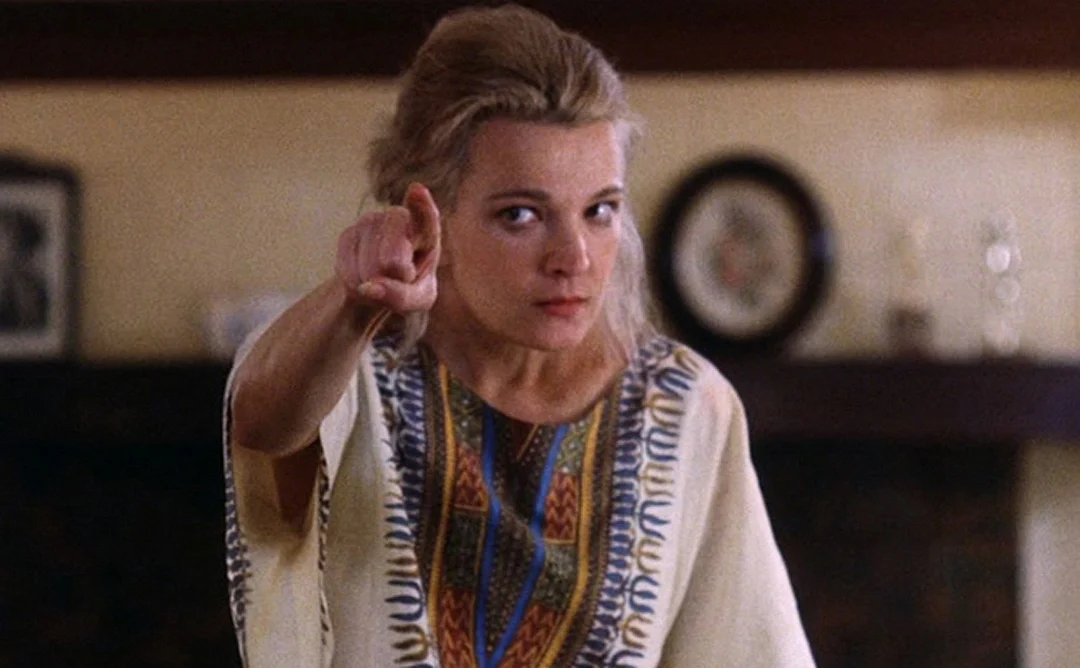
Unimaginable without Gena Rowlands’ door-stopper of a performance, the John Cassavetes drama zooms in on Mabel falling apart, while domesticity demands she play the perfect, uncomplaining hostess. Cassavetes ratchets up unease and claustrophobia as Mabel’s family struggles to ease her out of multiple breakdowns. Her husband has no idea how to tackle her. Despite final notes of calm, here’s no illusion of a comforting settlement. Rowlands, who garnered an Oscar nomination (and should have won), gives a towering, implacable, seething heroine for the ages.
2. Possession (1981)
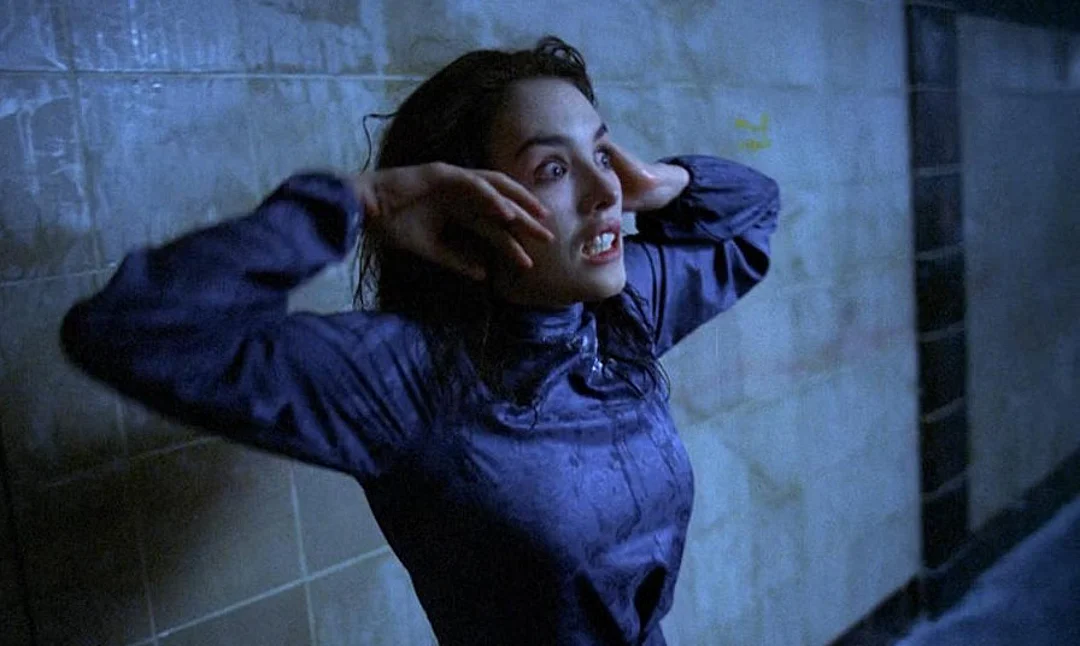
Polish master Andrzej Żuławski’s psychological horror is spearheaded by one of the greatest performances in film history. As a woman going through divorce, Isabelle Adjani makes diving through the most punishing, tearing mental storms a grisly spectacle—a physical performance so daringly untethered, it strains belief. This is a portrait of tightening insanity at its most primal and terrifying.
3. Spider (2002)
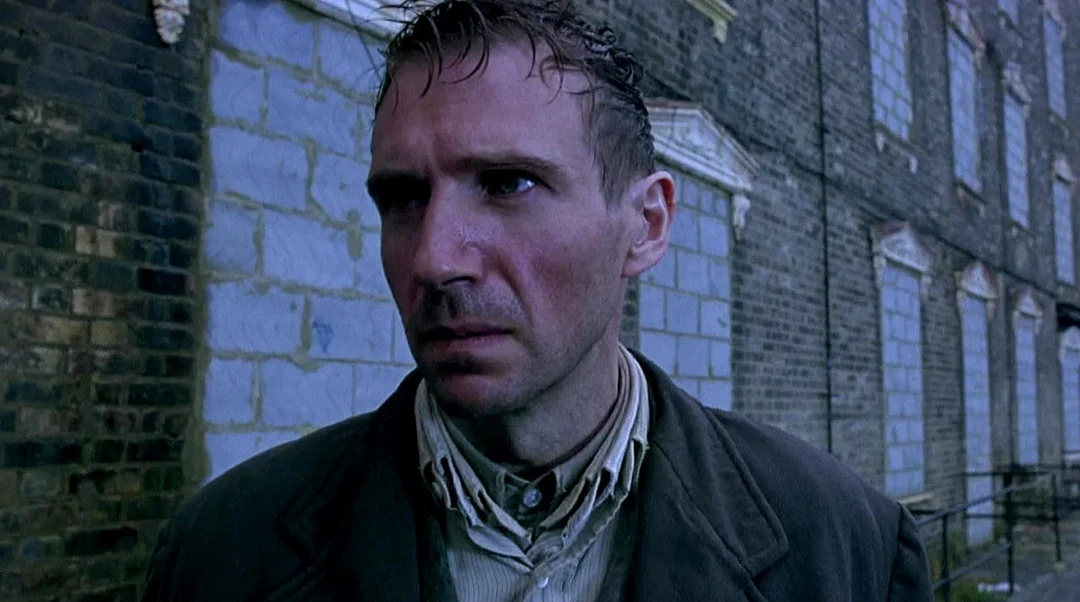
David Cronenberg’s criminally under-seen film stars Ralph Fiennes as a schizophrenic, who has recently been released from a mental institution. Mordantly bleak and terrifying, Spider is a splintered journey through the titular protagonist’s shifting registers of reality, his past slowly falling into place. How does memory reassemble itself in the wake of trauma? Cronenberg’s gaze remains searching, yet pitiless throughout.
4. Little Miss Sunshine (2006)
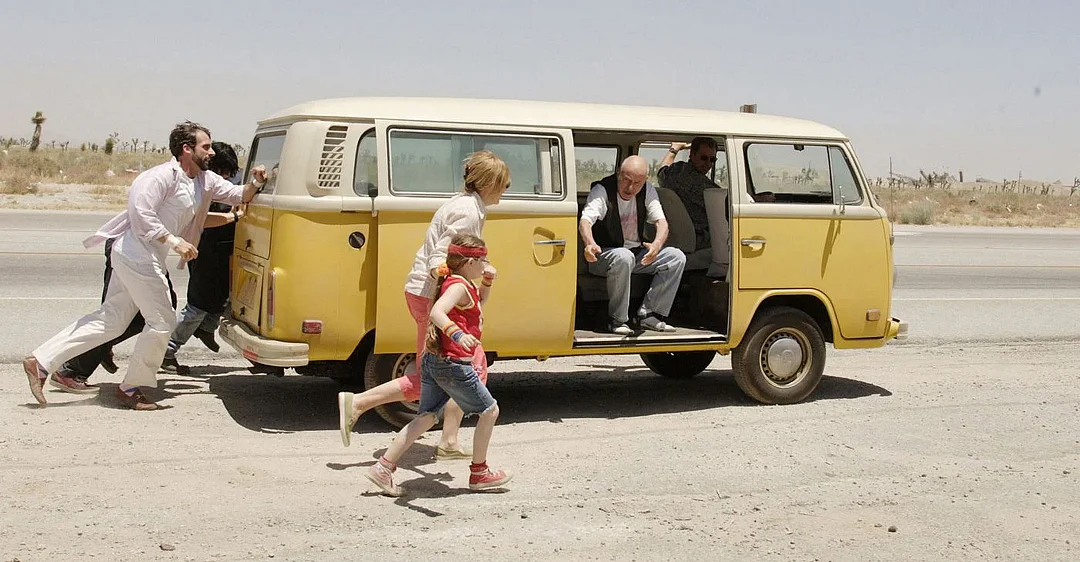
Tailing the Hoover family over a road trip, the Oscar-winning Sundance breakout is about the walls depression can bring between the closest. It is about being open enough to ask for help and receive it, not being bulldozed by shame and judgement. The film expands into a vast panoply of psychological disorders, unravelling dysfunctionality through a cheeky lens. Humor is never too far behind as each individual in the family confronts a warped notion of self-worth and the unit threatens to fracture in repressed anguish.
5. Shutter Island (2010)
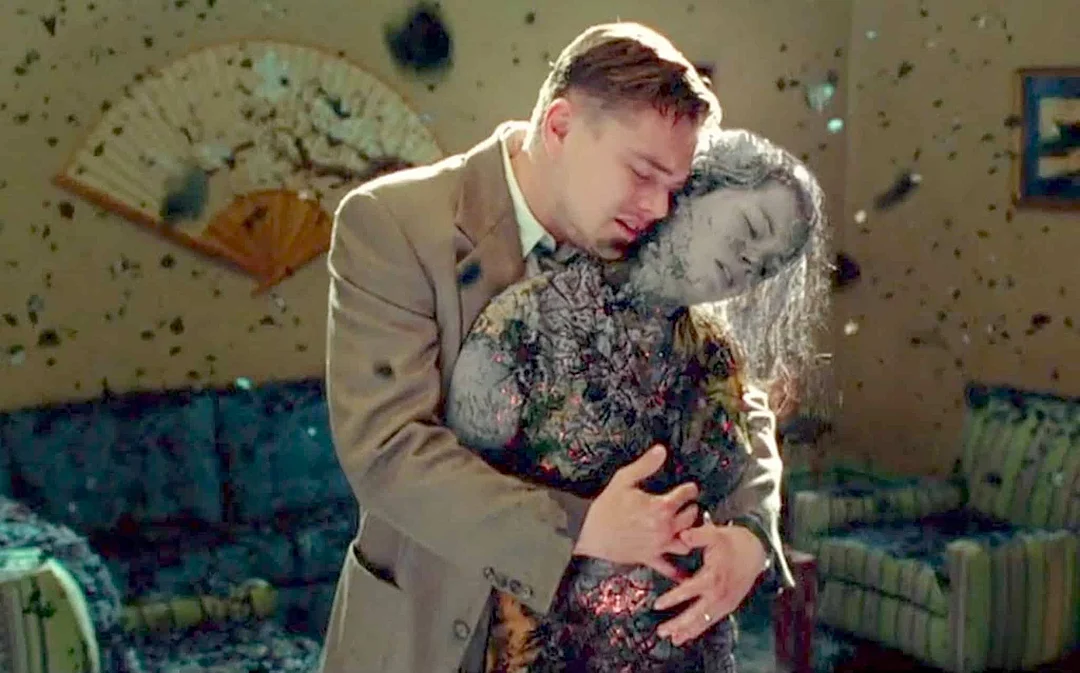
Martin Scorsese’s classic about a retired US marshal enquiring at a mental asylum for a missing patient is the ultimate projection of role play and trauma. Unnerving if read at face value in the contemporary time, but pertinent given its 1950s setting, the Leonardo DiCaprio-starrer poses a troubling look into the era’s psychiatric practices. Ethical reservations on delusions and assumed schizophrenia swirl in the film’s representations that might stretch plausibility, but Scorsese blurring the lines between sanity and lunacy has a white-knuckle pull.
6. Melancholia (2011)
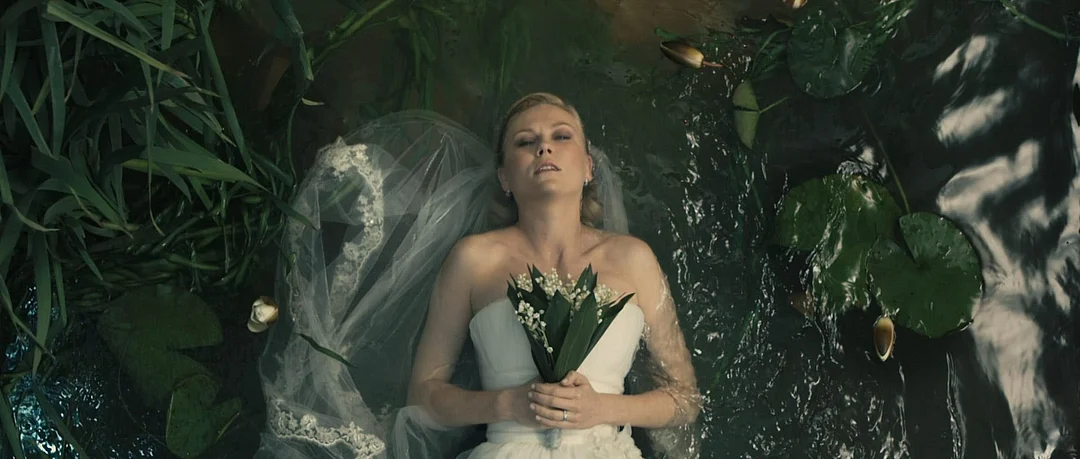
The second part of Lars Von Trier’s Depression Trilogy circles a young woman going through the worst mental troughs on her wedding day. That the world is poised to collapse provides peculiar, elemental, cosmic despair. Anchored by Kirsten Dunst’s Cannes Best Actress-winning performance, Melancholia presents an unravelling in precise shades.
7. Anomalisa (2015)
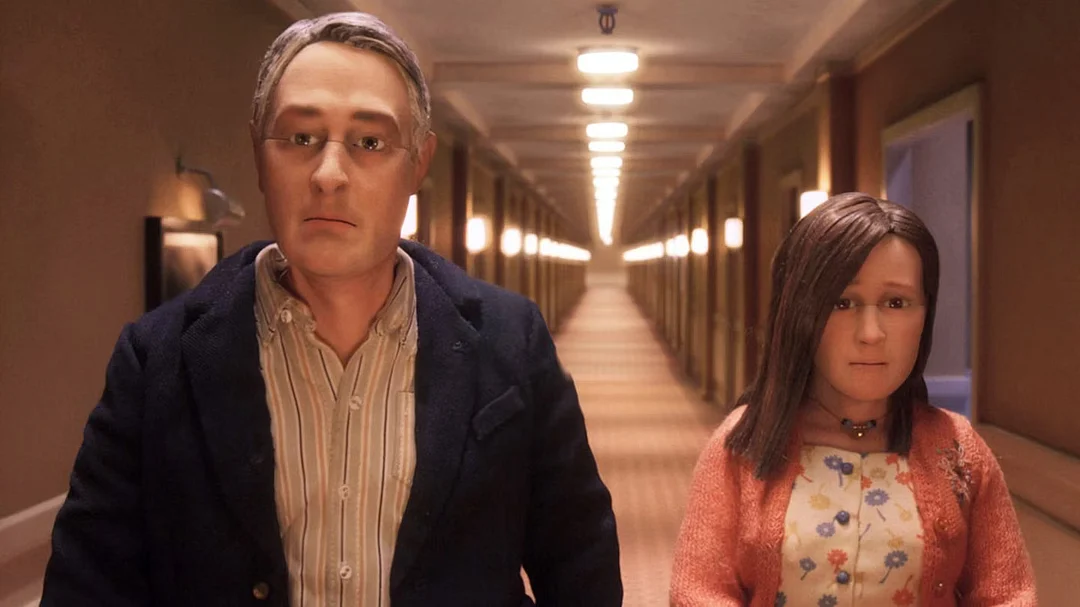
Charlie Kaufman’s stop-motion masterpiece displays all his interests in mind-bending narratives to the hilt. Circling a drifting motivational speaker spending a night at a hotel, it swivels the Fregoli delusion he seems to be suffering from into a playful riff on anguished isolation. Anomalisa confronts ennui and monotony, slow depressive spirals with yearning and pathos.
8. Leave No Trace (2018)
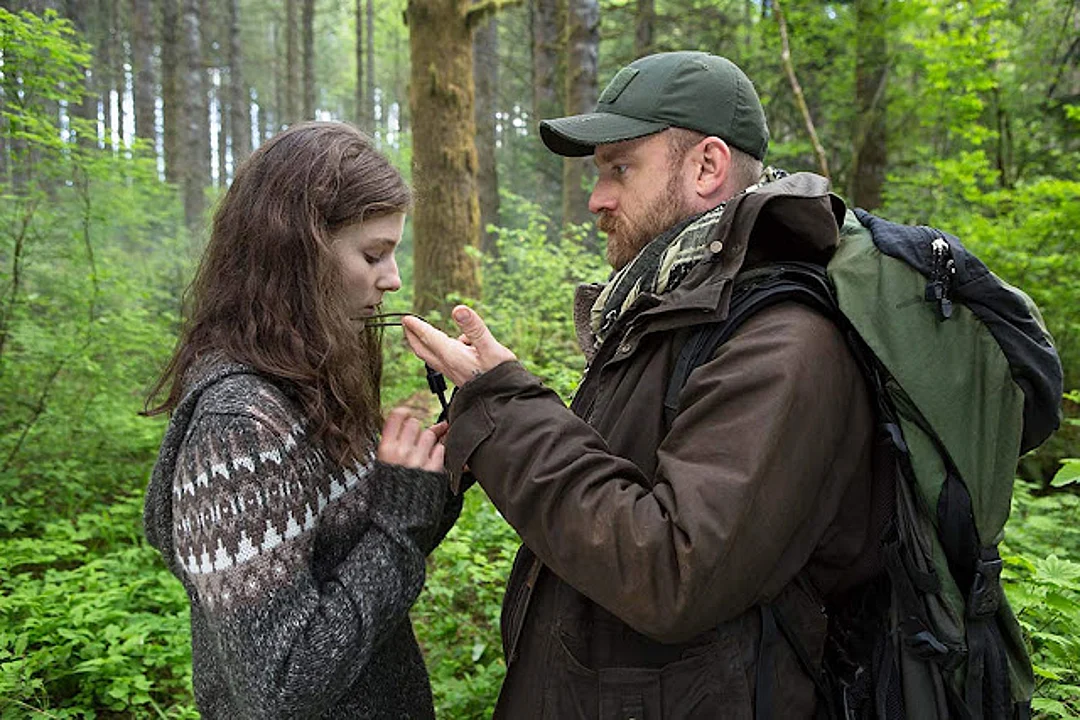
Debra Granik’s film about a Vietnam vet and his teenage daughter living in a forest outside Portland scans PTSD, extreme isolation and what it means to build a life from its ashes. Will has utterly retreated from human habitation and schooled his daughter in the same grind of bare survival, shunning community. Without judgement or romanticism and aided by spare gestures, Granik guides us through the father’s decision and the daughter’s gradual breaking through his fears.
9. The Holdovers (2023)
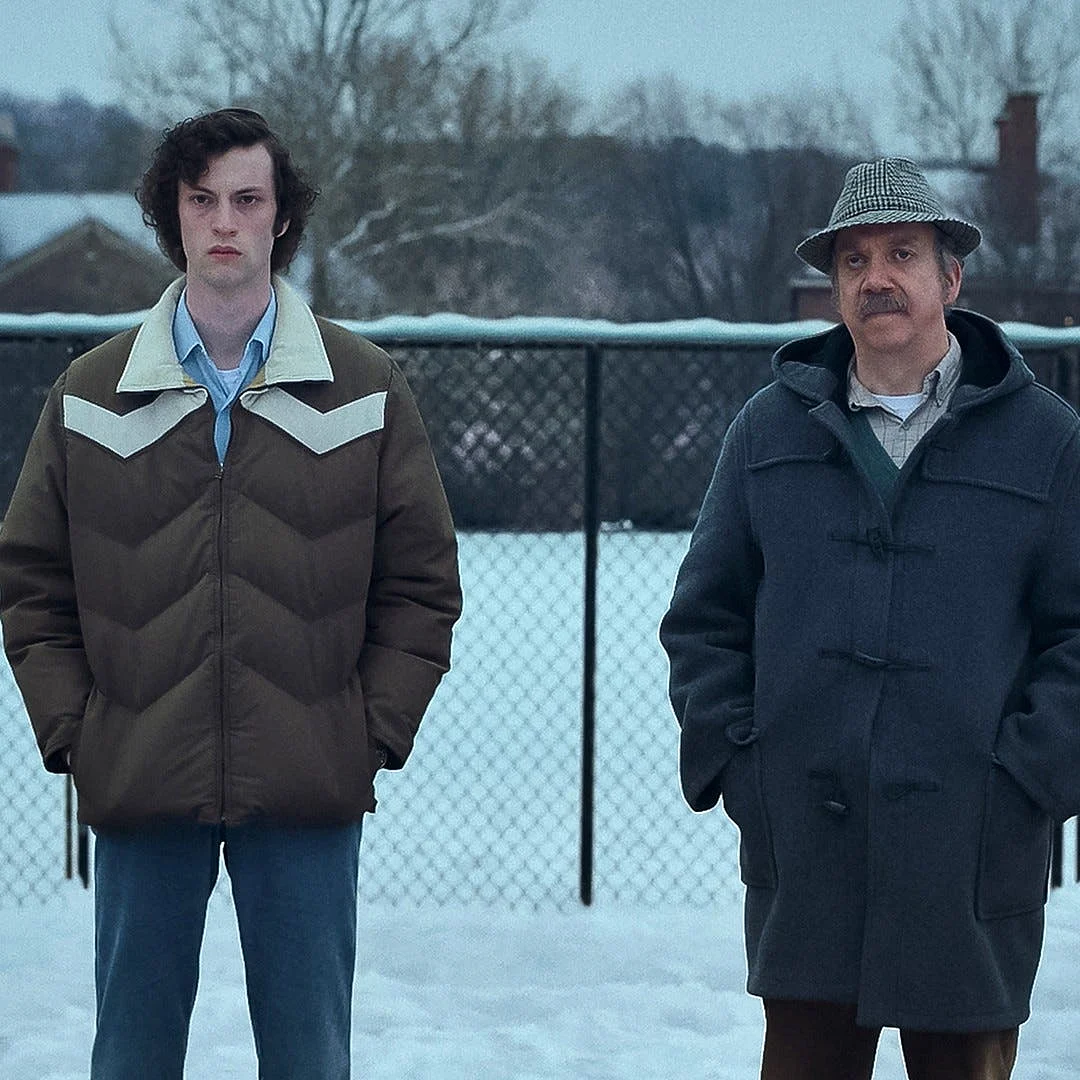
Following Angus who’s forced to stay in his boarding school over the winter vacation with the unrelenting, grouchy teacher Mr. Durham, Alexander Payne’s beautifully heartfelt film relates a gathering mutual understanding with deep care and emotional intelligence. As each learns more about the other, empathy grows, an antidote to the depression and loneliness both bear. The 70s set drama rewrites the legibility and space afforded to grief in conversations. Its warmth seeps deep, Dominic Sessa and Paul Giamatti leaving an unforgettable imprint.
10. Hard Truths (2024)
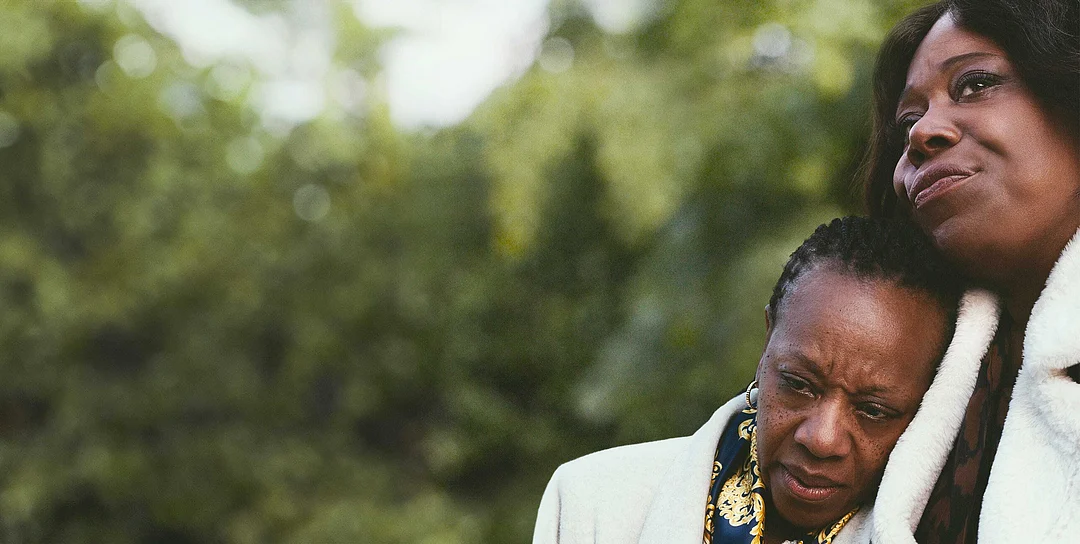
The bitter, permanently sour-faced Pansy hides vast reserves of torment in her escalated rage. Wholly shut within, she aches for support in her depression, but refuses to directly deal with it. As the brittle, misanthropic Pansy, Marianne Jean-Baptiste is shattering in Mike Leigh’s quietly wise film. But there are also windows of compassion, slants of pure, unbridled kindness Leigh opens up—ways of acknowledging pain that might have seemed improbable earlier.




